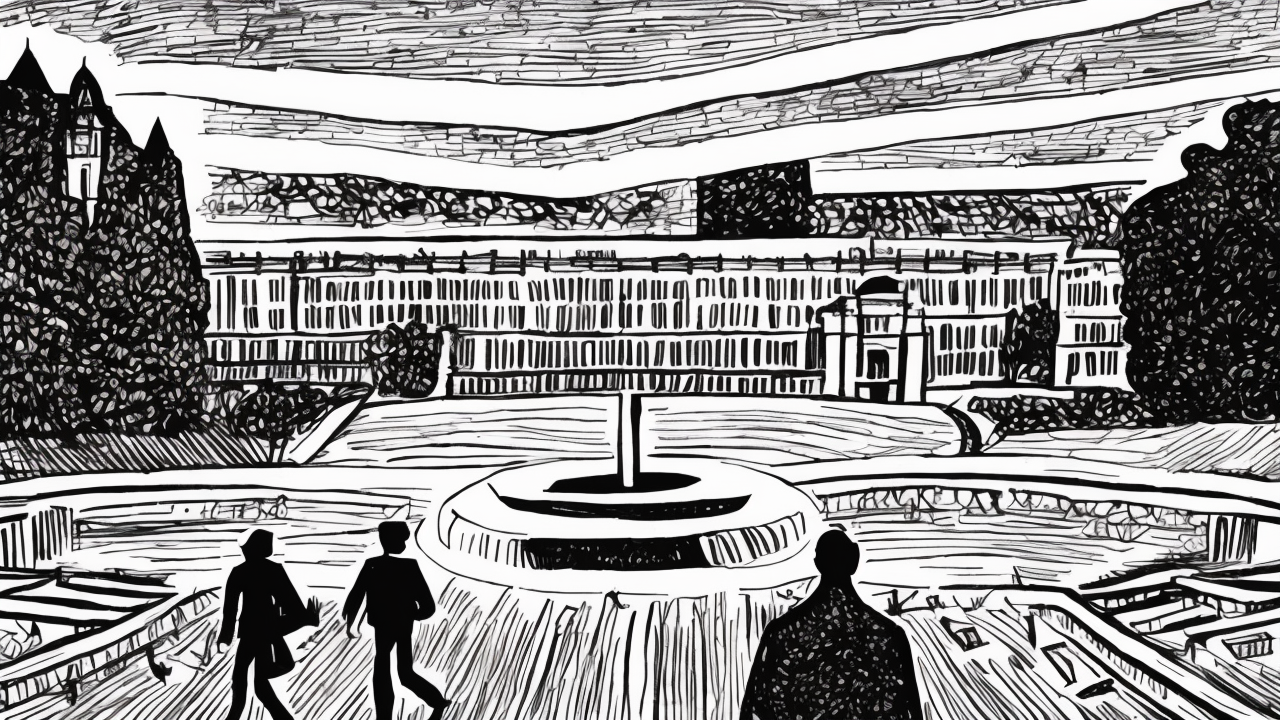Harvard Rejects Common Sense, Embraces Postmodernism

Harvard University has distanced itself from the principles of common sense realism that once shaped American higher education. In the 19th century, thinkers like Thomas Reid, Adam Smith, and Francis Hutcheson influenced the Founders and were central to teaching at institutions like Harvard, Princeton, and Yale. Their philosophy, rooted in self-evident truths, underpinned the Declaration of Independence and the American founding.
Before the Civil War, common sense realism was the dominant intellectual framework in American colleges. Scottish philosophers like Reid were widely taught, and institutions like Princeton, under President James McCosh, continued to develop this tradition. However, over time, Harvard and other universities shifted away from these foundational ideas.
Today, postmodernism dominates academia, rejecting objective truth and common sense. This shift explains the rise of anti-American sentiment among students, who are often indoctrinated in Progressivism, which systematically rejects the principles of the Founders. The rejection of self-evident truths, such as "all men are created equal," reflects a broader ideological transformation in American universities.
As a result, many students now advocate for ideas that directly oppose the American founding, often expressing their views through violent protests and anti-American rhetoric. This trend highlights the profound impact of postmodernism on higher education and its consequences for American society.
Published: 6/7/2025
















